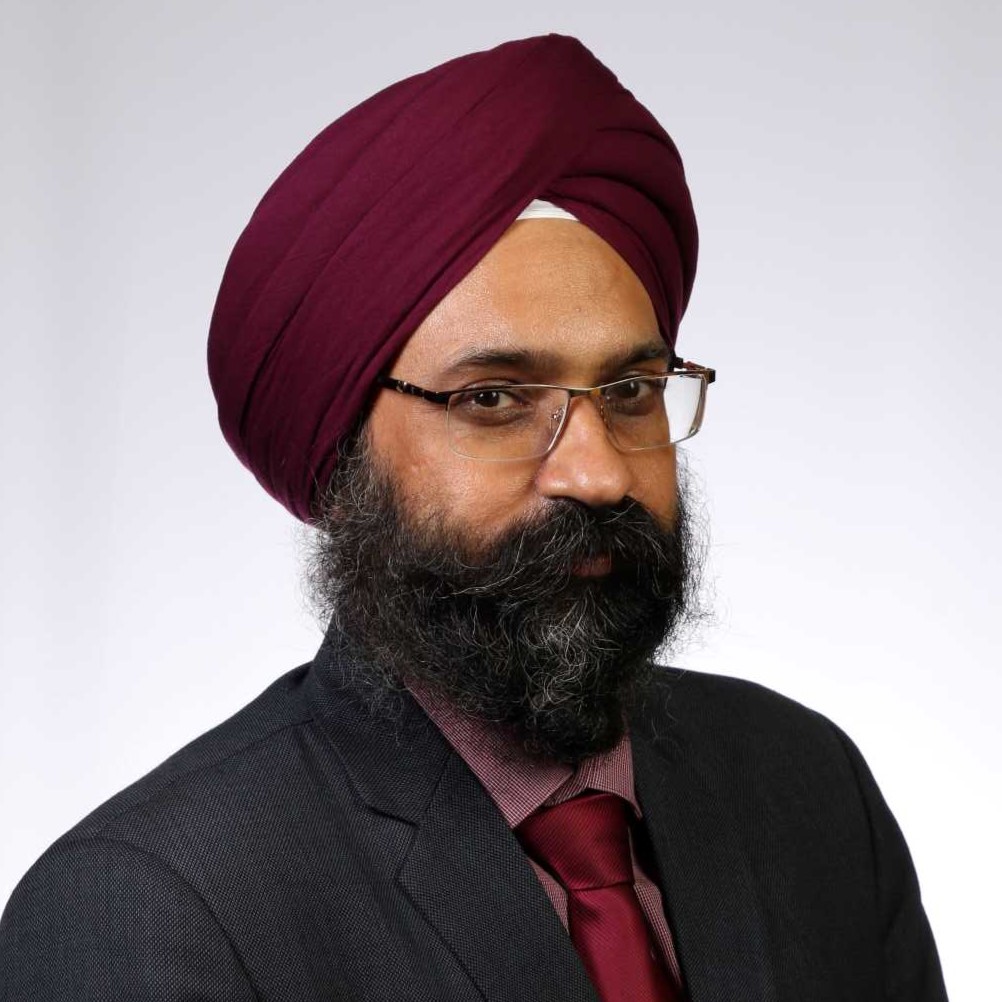Preface – WCLC 2023

© private – Navneet Singh, MD DM FRCP FASCO, Professor of Pulmonary Medicine and Faculty-in-charge, Lung Cancer Clinic, Postgraduate Institute of Medical Education and Research (PGIMER), Chandigarh, India
Dear Colleagues,
The International Association for the Study of Lung Cancer (IASLC) 2023 World Conference on Lung Cancer (WCLC) was held in Singapore and virtually from 9th to 12th September. This prestigious event served as a global gathering point uniting over 6,000 renowned international scientists, researchers, and devoted patient advocates. Throughout the conference, attendees had the chance to discuss the most exciting updates in the field of lung cancer and thoracic oncology, with key updates summarized in more than 100 educational and interactive sessions, as well as 459 posters and 696 ePoster sessions.
This report spans a diverse range of topics, with each of them contributing to the ever-evolving landscape of lung cancer research and care. The summaries presented with respect to the detection and treatment of early-stage lung cancer offer a look at the importance of family history for screening, intra-operative tumor visualization, and the impact of the extent of surgical resection on the rate of second primary lung cancers. Moreover, systemic treatment regimens are being explored, such as PD-1 inhibition in addition to radiotherapy, and the outcomes of perioperative immunotherapy according to the EGFR mutation status are discussed.
The second chapter delves into the exciting developments in the realm of targeted therapies. It focuses on EGFR- and HER2/HER3-directed therapies, such as the addition of chemotherapy to the third-generation EGFR TKI osimertinib in advanced disease. In the HER2-positive setting, the DESTINY-Lung02 trial has assessed benefits of the antibody-drug conjugate trastuzumab deruxtecan and the effectiveness/toxicity profile of two different dosing schedules. Other treatments discussed relate to KRASG12C-mutant and ALK-positive disease.
The article on refinement of first-line regimens for extensive-stage small-cell lung cancer highlights the progress made in optimizing treatment approaches for this challenging disease. Analyses detailed in this report relate to anti-angiogenic treatment plus immunochemotherapy, anti-PD-(L)1 antibodies in combination with chemotherapy, and a DLL3-targeting T cell engager.
Short sections are devoted to Trop-2–directed antibody-drug conjugates that were assessed in conjunction with immunotherapy in the EVOKE-02 and TROPION-Lung04 trials, and the MARS 2 trial that challenged the role of surgery (pleurectomy/decortication) in malignant pleural mesothelioma.
Last but not least, you will find a summary of the new features of the upcoming 9th edition of the TNM classification for lung cancer, mesothelioma and thymic cancers in this report.
Overall, the IASLC 2023 WCLC provided an outstanding educational experience, serving as a platform for sharing remarkable advancements in the field of lung cancer diagnosis and treatment. As knowledge truly saves lives, the memo inOncology team and I hope that you have a fantastic time exploring this special issue.
Happy reading!
More posts
MARS 2: no benefit of decortication in early-stage malignant mesothelioma
MARS 2: no benefit of decortication in early-stage malignant mesothelioma Surgery in th
Preface – WCLC 2023
Preface – WCLC 2023 © private – Navneet Singh, MD DM FRCP FASCO, Professor of Pulmona




